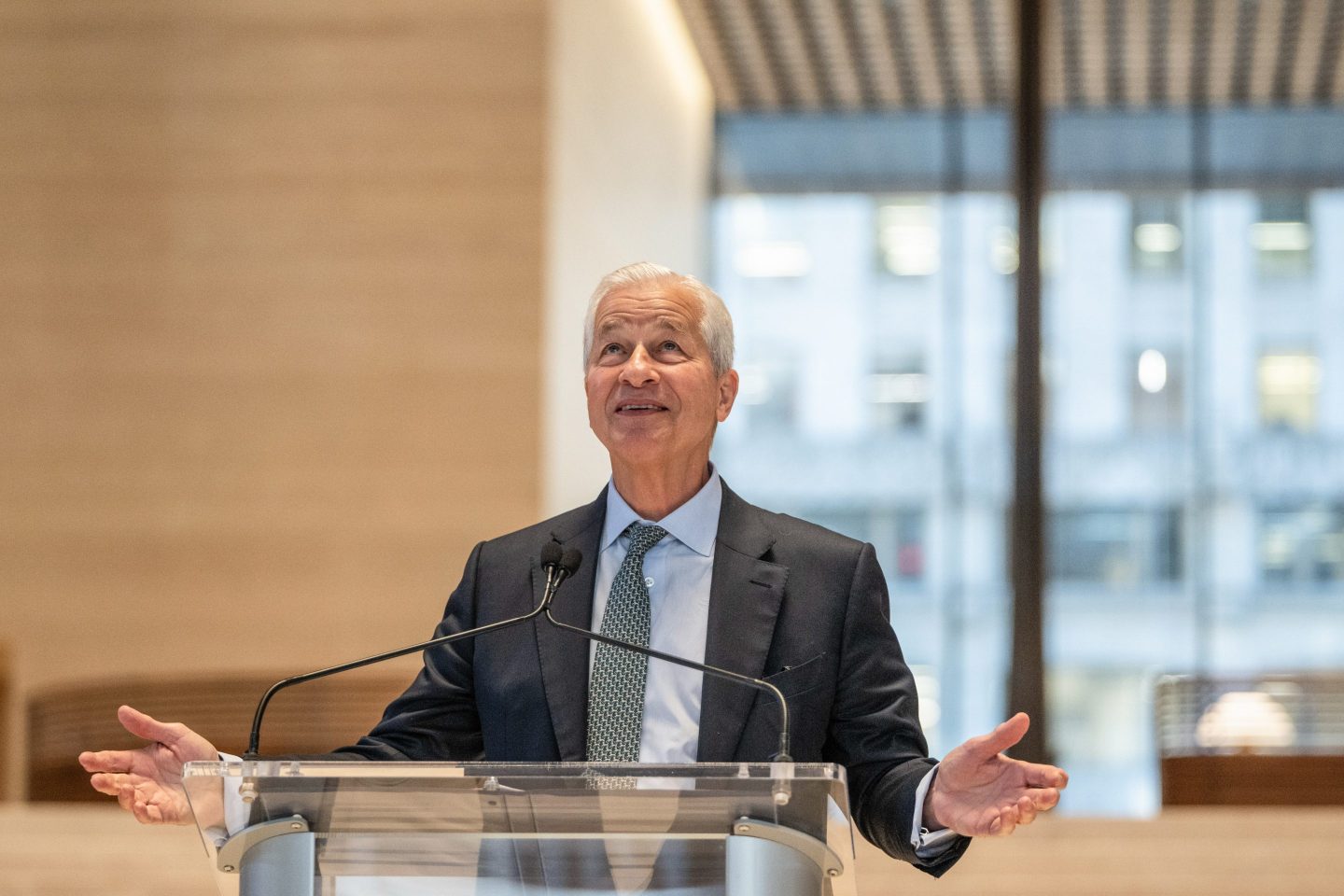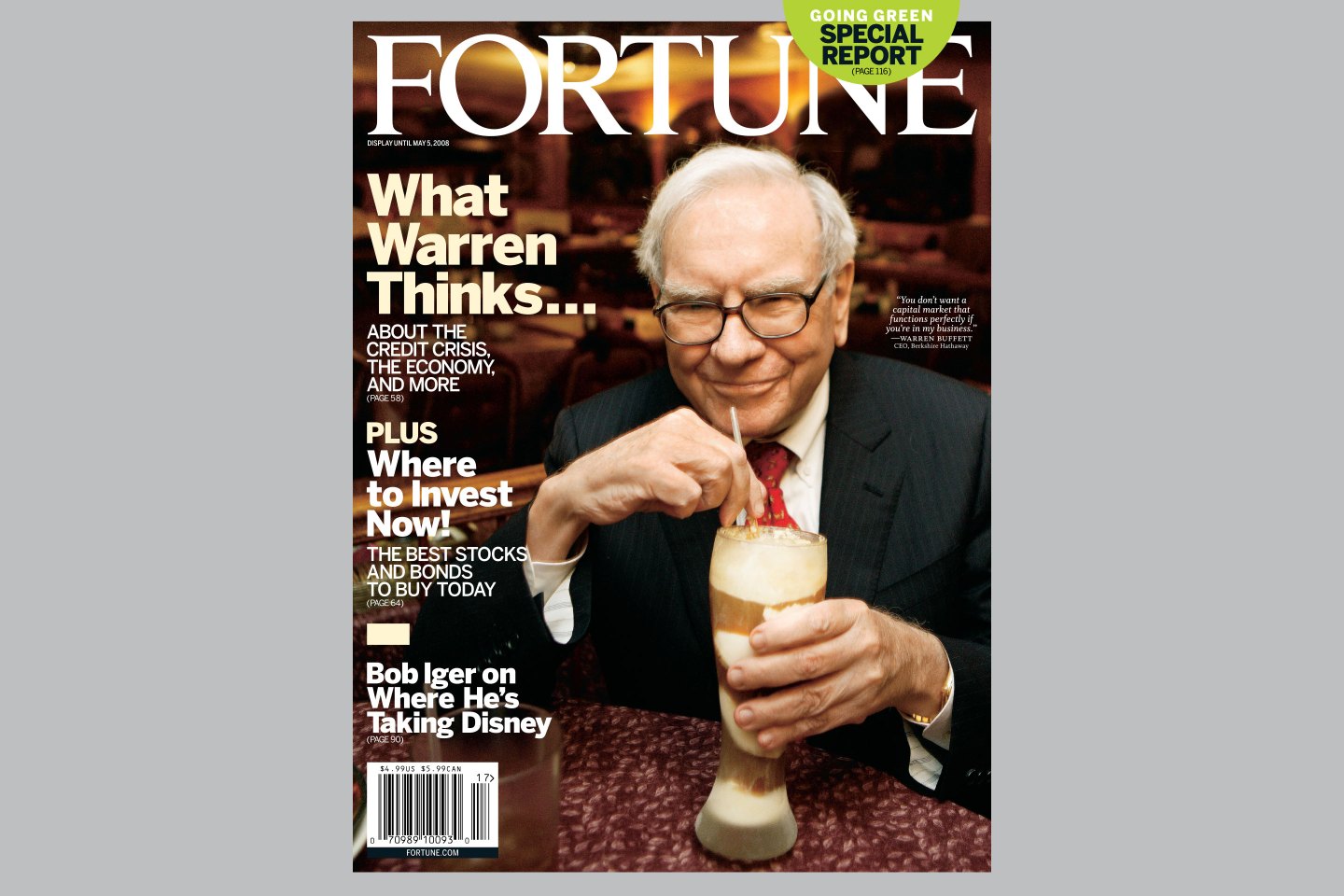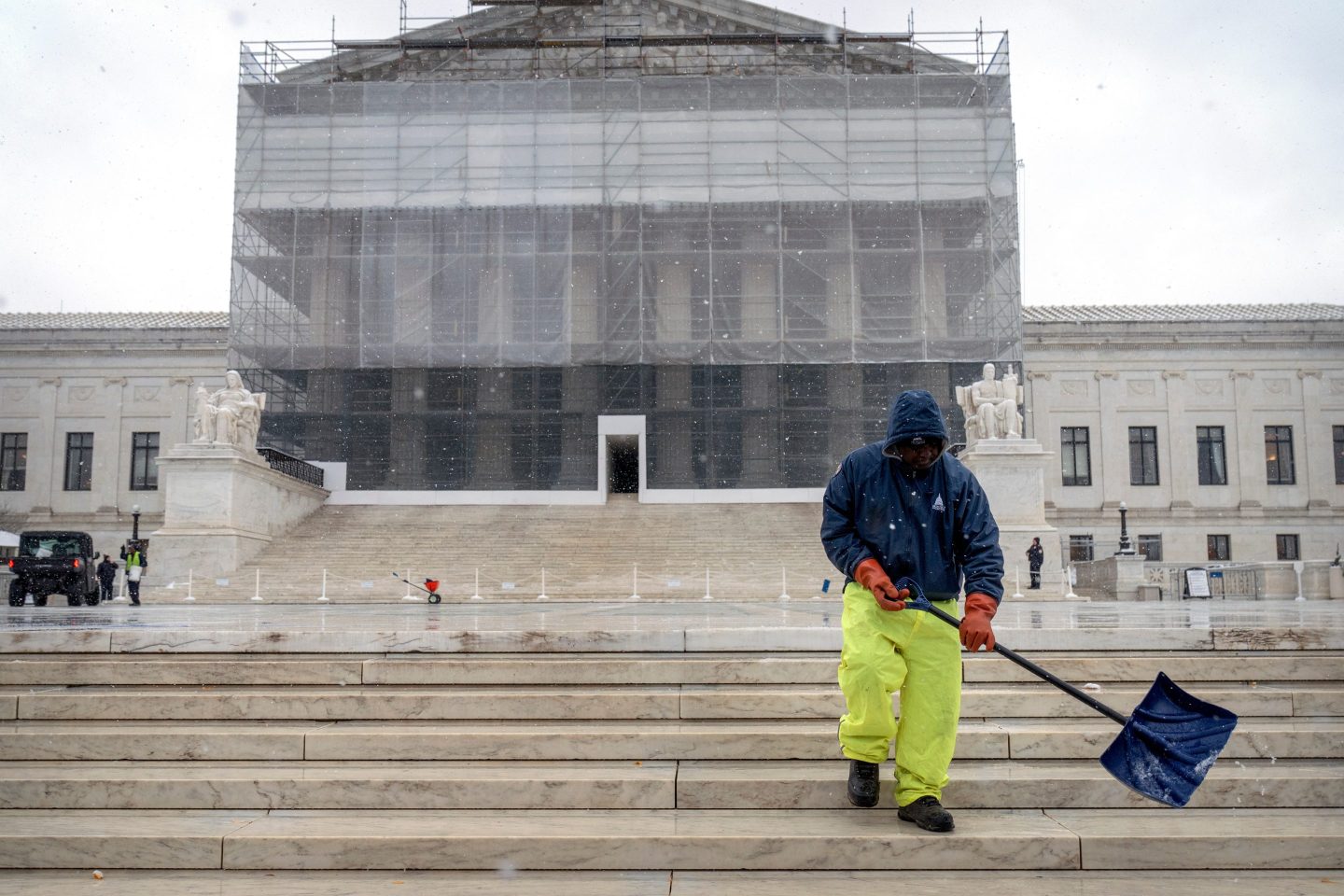Good morning.
Regular readers know I avoid diversions into politics, unless they bear directly on business. But the flap over Michael Wolff’s inside-the-White-House book—Fire and Fury—deserves some attention, if only because of what it says about the state of our national discourse.
The book is filled with salacious details about the Trump White House, and prompted the President to lash out against former aide Steve Bannon for his derogatory quotes. It has given cable news outlets fodder for 24 straight hours of programming. It is being released today—four days earlier than originally planned.
But is it true? Conservative columnist John Podhoretz captured what most of us know about Wolff in his New York Post column yesterday:
“Wolff is a terrific writer who has a lifelong habit of weaving in solid reporting with arrant speculation, and hard-gotten facts with feverish fancies, in a manner that makes it impossible for a reader to separate what is true from what is too good to be true.”
As an example, Podhoretz cites Wolff quoting Trump as saying “who’s that?” when Roger Ailes suggests House Speaker John Boehner should be his chief of staff. It’s an absurd anecdote—Trump clearly knows who Boehner is, spoke and tweeted about him regularly, and even golfed with him. Politico’s Ben White similarly casts doubt on part of the book vaguely referencing an email “purporting to represent the views of Gary Cohn” that viciously attacked the President. White says Cohn didn’t write the email, is careful not to put stuff in email generally, and is considering taking legal action against Wolff. Fortune’s Shawn Tully finds a section suggesting Trump’s friend Tom Barrack said the President is “not only crazy, he’s stupid'” as similarly unconvincing. Barrack denies it, doesn’t speak that way generally, and says he never talked to Wolff.
The bottom line is that Wolff is cut from the same cloth as both Trump and Bannon. “We’re talking about three people,” Podhoretz says, “for whom the truth is fungible.” Facts have become the great casualty of 2017. Contrary to the late Senator Moynihan’s famous dictum, everyone now seems entitled to his or her own.
One final observation: given all we know about Wolff and his style of journalism, why would the White House cooperate with him? The answer appears to be that Wolff said and wrote a number of flattering things about the president. Which offers a lesson for all those seeking entrée to this White House.
News below.
Alan Murray @alansmurray alan.murray@fortune.com
Top News
Travis Kalanick reportedly plans to sell 29% of his Uber stake.
Uber's co-founder and former CEO plans to sell roughly 29% of his stake in the company, sources told Bloomberg on Thursday. Kalanick, who was ousted from his role as CEO amid a series of scandals, could earn roughly $1.4 billion from the sale to a group of investors led by SoftBank Group, in a deal that would value Uber at $48 billion. Bloomberg
Zuckerberg's New Year's resolution: fix Facebook.
The Facebook CEO's year personal challenge is more business-oriented than ever this year. Zuckerberg, who in the past has aspired to learn Mandarin and visit every U.S. state, said Thursday that his goal for 2018 is to tackle a handful of major issues facing his company, including online harassment on the social network as well as the ceaseless spread of misinformation and "fake news." Fortune
The Dow Jones tops 25,000.
It was another record day for the Dow Jones Industrial Average. Estimates of strong private job growth in December helped boost the Dow, which gained about 0.6% to close above the 25,000-point milestone for the first time ever on Thursday. The blue-chip index has spiked more than 6,000 points since the 2016 election, with companies like Boeing and Caterpillar among those seeing the biggest stock gains in that period. Fortune
Coming soon: Apple's fix for flawed chips.
Apple said this week that all Mac and iOS devices are affected by the two major security flaws (called Meltdown and Spectre) that are affecting many of the world's computer chips. On Thursday, Apple promised to release a patch for its Safari web browser for iPhones, iPads, and Mac devices within a matter of days to guard against the flawed chips. The security flaws affecting computer chips made by Intel and other companies could allow hackers to get access to users' confidential information. Reuters
Around the Water Cooler
J.C. Penney CEO takes aim at Sears as rival closes more stores.
J.C. Penney CEO Marvin Ellison was clear on Thursday that his company has Sears in its sights after its struggling rival's latest store closures. Sears said it is closing more than 100 stores after several previous rounds of closures in recent years. Meanwhile, Ellison's Penney has been ramping up its home appliance sales in recent years and plans to continue taking advantage of Sears' decline. Fortune
Sessions' marijuana moves threaten multi-billion-dollar industry.
Attorney General Jeff Sessions rescinded Obama Era policies that pushed federal non-interference with individual state laws legalizing marijuana. The move takes federal policy from a hands-off approach to one where federal prosecutors in each state can decide how to use government resources to crack down on marijuana sales, potentially becoming a looming threat to a burgeoning industry that already sees several billions of dollars of legal sales per year. Fortune
Weinstein Co. close to selling for under $500 million.
The embattled movie studio is reportedly near the end of a sales process that kicked off in the wake of its board's ouster of disgraced Hollywood mogul (and company co-founder) Harvey Weinstein over numerous sexual harassment and assault allegations (all of which he's denied). The company is considering half a dozen bids, none of which top $500 million, with nearly half that amounting to assumed debt. The Wall Street Journal
Southwest to pay $15 million in airline antitrust suit.
Southwest Airlines has agreed to pay a $15 million settlement in a nationwide antitrust lawsuit brought against the four biggest U.S. air carriers. A group of passengers are accusing the airlines (which also include American Airlines, Delta Air Lines, and United Continental Holdings) of conspiring to cut down on seating in order to charge more for fares. Southwest would deny any wrongdoing as part of the settlement. Reuters
This edition of CEO Daily was edited by Tom Huddleston Jr. Find previous editions here, and sign up for other Fortune newsletters here.












